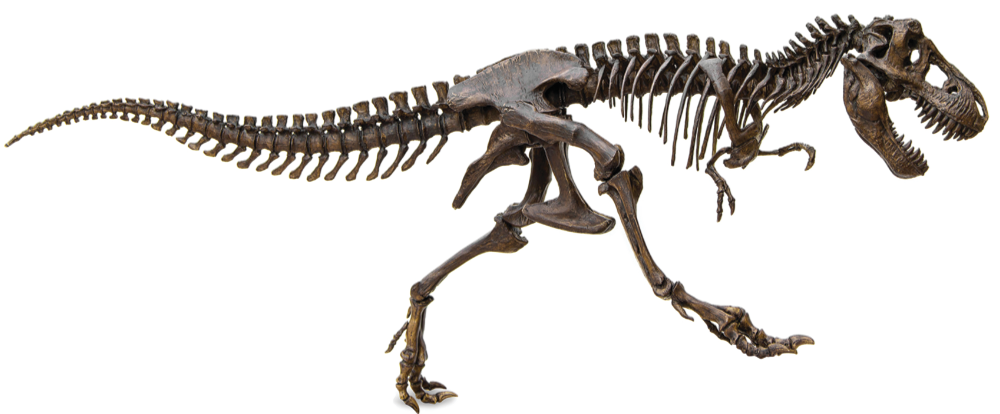URI researchers are working across disciplines to help find answers and solutions to benefit all of us.
David Fastovsky and his students on the Hermit Trail in the Grand Canyon.
Photo: Courtesy David Fastovsky
URI paleontologist and professor of geosciences David Fastovsky changed our understanding of dinosaur extinction.
In 1991, Fastovsky’s research upended what was, at the time, conventional wisdom: that the extinction of non-avian dinosaurs 66 million years ago was gradual. In fact, Fastovsky and his colleagues showed evidence that pointed to a more sudden extinction, startling even him. Most paleontologists eventually embraced Fastovsky’s findings.
Fastovsky, who retired in December 2022, earned international attention in 2011 for his first-of-its-kind discovery of a 70-million-year-old nest containing the fossilized remains of 15 baby Protoceratops andrewsi dinosaurs in Mongolia.

In addition to editing academic journals and teaching wildly popular courses and field studies, he wrote a textbook, Dinosaurs: A Concise Natural History, that is now in its fourth edition. In retirement, he is working on the fifth edition.
URI joined the Massachusetts Green High Performance Computing Center, a consortium of research universities sharing a high-performance research computing infrastructure housed in Holyoke, Massachusetts. Researchers can plug in to the center via a 10-gigbits-per-second fiber optic network, 9,400% faster than the average internet speed in the United States.
Gaurav Khanna
URI’s director of research computing Gaurav Khanna says participation in the consortium will accelerate research and reduce the need for physical space, materials, and personnel. Developing a new material, for example, says Khanna, who is also a physics professor, might require thousands of lab experiments. “But,” he says, “with simulation through computing, you haven’t spent a single penny on infrastructure or time.”
URI joined five Massachusetts research universities in the consortium with a $1.2 million investment, funded by a grant spearheaded by U.S. Sen. Jack Reed and smaller grants won by Khanna and his colleagues.
“The landscape of computing is changing,” Khanna says. “More and more researchers are applying computing to their work, and this investment will give URI a seat at the table.”
The Applied History Lab: Examining the Past to Inform Public Policy in the Present
“We have begun to collect historical data that can help archaeologists craft a white paper to ensure that indigenous stakeholders have a seat at the table when governments and courts decide the fate of historic shipwrecks.”Bridget Buxton, associate professor of history
Photo: Courtesy Bridget Buxton
An Intersecting Life Cycle for Plastics and Textiles
An interdisciplinary faculty group is researching how to combine innovation in recycling, textiles, and sustainability to ensure the right plastics get put to the right use.
“We are thinking about how to build a circular economy for textiles. Since textiles shed plastic particles while being washed, we are hoping that we can take waste and put it in a new manufacturing cycle.”Vinka Oyanedel-Craver, professor of civil and environmental engineering, associate dean of research for the College of Engineering, and director of the URI Plastics: Land to Sea COLAB (co-laboratories) initiative
For more on URI research, check out Momentum: Research & Innovation, the magazine of URI’s Division of Research and Economic Development.
Photos: Beau Jones
